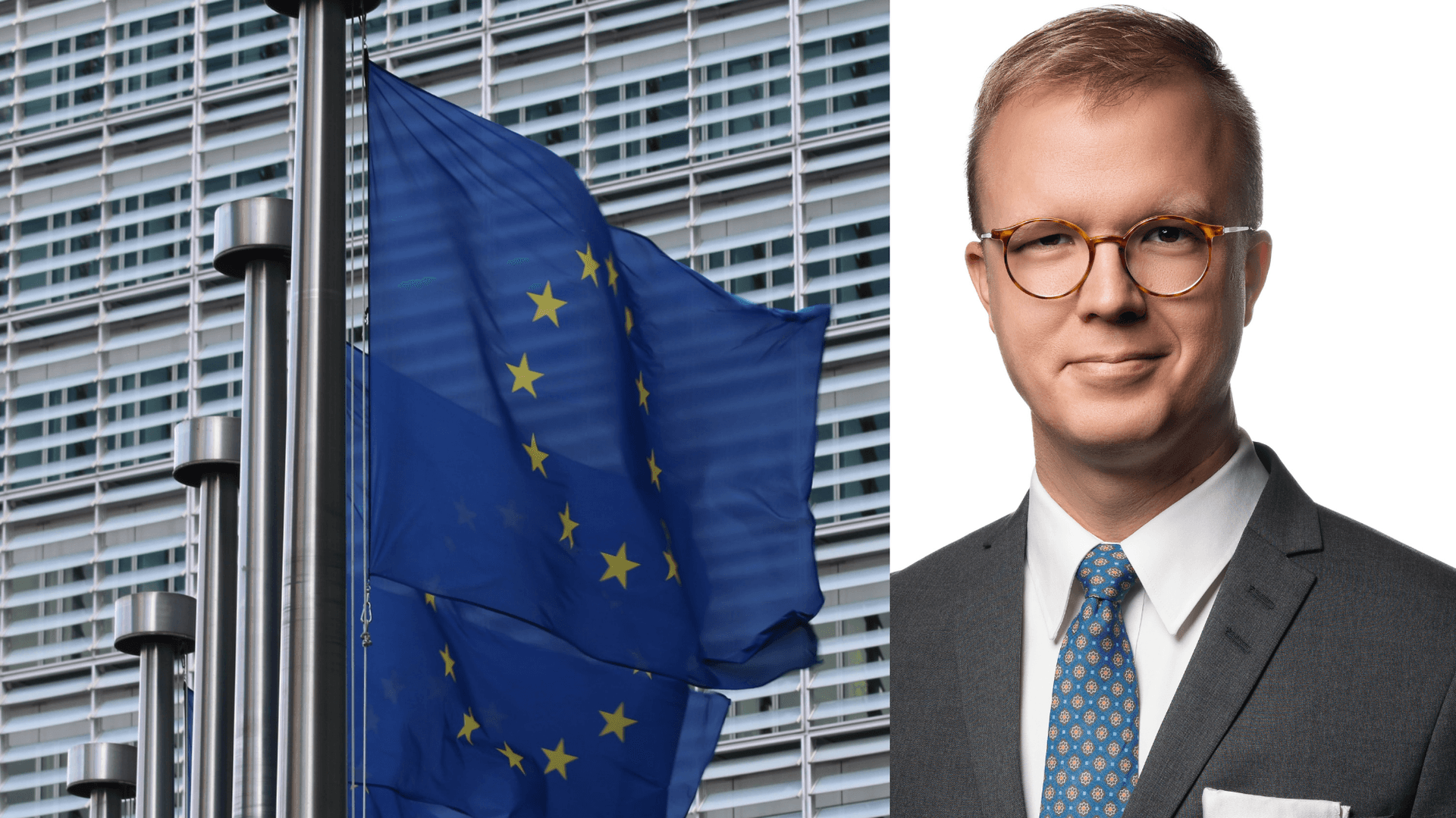IPCEI - a lot of talk and a slow workshop
One of the most prominent instruments of EU industrial policy is the IPCEI. Stefan Sagebro, expert on competition and State Aid issues at the Confederation of Swedish Enterprise, writes about what is currently happening in this area right now.

The IPCEI ‘Important Project of Common European Interest’ - is a specific concept that has been a prominent element of discussions around industrial policy. Many people place great faith in this idea as a way of strengthening key technologies and industries in the face of fierce global competition. Put simply, an IPCEI represents a very particular opportunity in the otherwise relatively strict State Aid framework. This allows Member States to pump large quantities of euro into European companies within certain designated sectors - under the scrutiny of the European Commission – in order to stimulate innovation and industrial development. So, how is this lauded ‘shortcut’ working out?
Three so-called ‘integrated projects’ (these are horizontal projects, which in turn consist of smaller components, each with a smaller or larger number of beneficiary companies) have already been approved by the European Commission and the monies have been granted. This applies to the first project in microelectronics in 2018 (€1.75 billion) and to two individual battery projects in 2019 and 2021 (€3.2 million and €2.9 billion, respectively).
There are three more projects in the pipeline, the most prominent of these being in the area of hydrogen. If previous participants could be counted in the tens of companies, the hydrogen project is now up to hundreds of participating companies, adding to the levels of complexity and administration. Not only should companies have their own promising project that needs support, but they also need to find partner companies in other Member States to collaborate with. The notification to the European Commission was submitted last August and is still pending. It is certainly no surprise that the Commission’s processes are taking so long. With a large number of companies also comes a lot of public money - Germany alone has announced it will earmark €11 billion for this. One suspects that it will be quite some time before the matter is settled.
Another microelectronics project has been in the pipeline for some time. In December 2021, the first part this was notified. Some 18 months later, the completion of the Commission’s investigation - which is continuing to request additional information - is not yet in sight.
Finally, there are projects in cloud infrastructure and services that have just started involving 12 countries; these were notified in April. While Germany is coordinating all the above projects, France is running one in healthcare, where no notification has yet been submitted but discussions are currently ongoing between interested Member States. Germany is also exploring the possibility of an IPCEI in raw materials. The European Commission seems to be lukewarm about this, as an IPCEI usually covers the entire value chain of a technology. Indeed, many existing IPCEIs also deal with raw materials in the relevant value chain.
All the processes previously described do not take place without cost. Hundreds of companies and hundreds of administrators in public authorities, government departments and the Commission are involved in proving or critically examining whether or not a particular project should be considered as approved and in compliance with the existing not-entirely-clear regulatory framework. And to top it off, we still have no idea whether the three projects that have been approved and are already well under way are likely to be effective. In fact, it seems no evaluation has taken place as yet or has even been envisaged. Moreover, of the three European Commission decisions, only that on the first project has been published. The decisions on the battery projects have still not been made public, despite two-and-a-half years having passed. So, we still do not know what the Commission has assessed and how it has reached its conclusions.
For individual companies, public support can - in some cases - be an important component in allowing an investment calculation to sum up positive. However, this does not mean that public support schemes should be allowed to expand in the fashion that is currently happening at EU level, not least in view of the increased administrative costs involved. Another consequence is that of distortion of competition, where companies from smaller Member States, which do not have the means nor the will to provide targeted business support, are placed at a disadvantage. Germany is by far the country showing the greatest willingness to squeeze out aid, with France running a close second.
Furthermore, it can also take the focus away from sometimes difficult but important reforms that can strengthen the functioning and conditions of the economy as a whole, such as reducing the overall regulatory burden and improving Single Market integration.
The IPCEI, it seems, still has much to prove